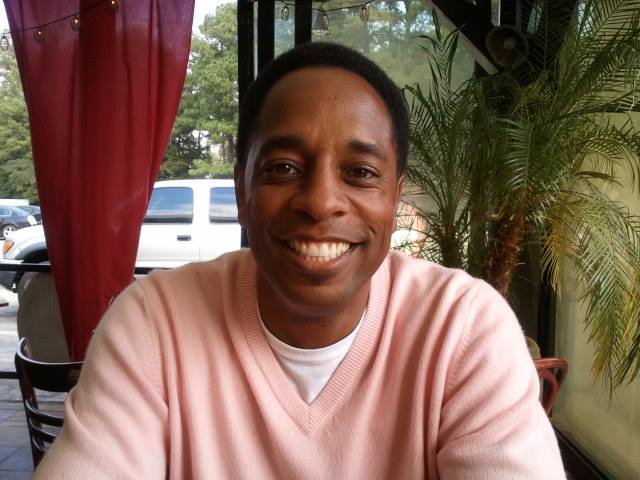Now, they’ve gone back to their original roots that made them successful to make sure that not only are all the other things being taken care of from a public standpoint, but that the customer is taken care of, and that the employees working within the organization are being taken care of enough that they want to take care of the customers. It seems like common sense, but if you look at, I always call it, corporate logic, it’s fuzzy logic, “Well, if we do this, then we’ll be successful. If we get rid of five thousand people, then our caps will raise, and we’ll look like we made a return.
Those days are coming to an end, because the world now can see what you’re doing. All it takes is one post, or an article, or something that gets out into the digital world that says, “Hey, this company did this to make it look like they had a profit, but really they hurt ten thousand people’s jobs.” Just recently, around this past Christmas, you heard about all the companies that were laying off people right around Christmastime. Do you think those companies that did that built a lot of loyalty and trust among the community? I would say no.
Craig: Yeah, with Zappos, that was part of their hiring process. They’d let you go through to make sure you were a cultural fit, because it was about the relationship. It was about the end user of their service. They’ve always wanted to be known more so for their customer service than the product that they sold. Now, as you know, or if you didn’t know, they sell practically anything through Zappos.
Les: Oh, yeah.
Craig: Yeah, it sounds like when it boils down, getting it right and why social media works, and it does, it really goes down to how social, how communicative you are, how relational you are. In any relationship, the more transparent you are, the more personable you are, the more trust is built. The more you trust something, you want to know more about it, even if you don’t know. The more you know about something you trust, the more you like. That engagement had been consistent in business, since there has been business, whether it be, B to B, or B to C. It sounds like the social media, working for companies or individuals, boils down to the basics and just making sure that you’re consistent, like you said, in your relational engagement with your customer, or client, or end user. You’ll get it right, every time.
Les: Yeah.
Craig: It sound like you’ll get it right, every time.
Les: Yeah, I agree. The biggest thing is, I think you summed it up really well from a respective. I think, at the end of the day, that whole statement of, “Treat people the way you want to be treated,” if we go back to our great, great grandparent’s days, if there was a horse thief in town and the preacher, who they trusted, who wasn’t a bad preacher, and the bad preacher’s son sold horses, who you going to buy a horse from. Businesses, now, have to understand that they are looked at as the humans working with the individual, not just the business. Going back to the golden rule, “Treat others as you would like them to treat you,” takes on a whole new meaning in social media, because, now, not only can John and you interact, but the interactions you have with John, may be seen by a hundred, a thousand, five thousand people.
Craig: Wow.
Les: It changes that concept of who’s watching you do what you do and how does that affect your business?
Craig: That sounds like the biggest difference or change in social media, since it’s been around, since we’ve been a society, is realizing what you do is amplified, ten times, hundred times, a thousand times, and it’s done quickly. It’s almost, as you said earlier, real time.
Les: Right.
Craig: That’s huge for any individual or company.
Les: I agree.
Craig: Well, as always man, it was incredible having this conversation and learning more about how to get it right and Why Social Media Works, and it does folks, it does. Thank you Les.
Les: You’re welcome. Thanks for having me.

